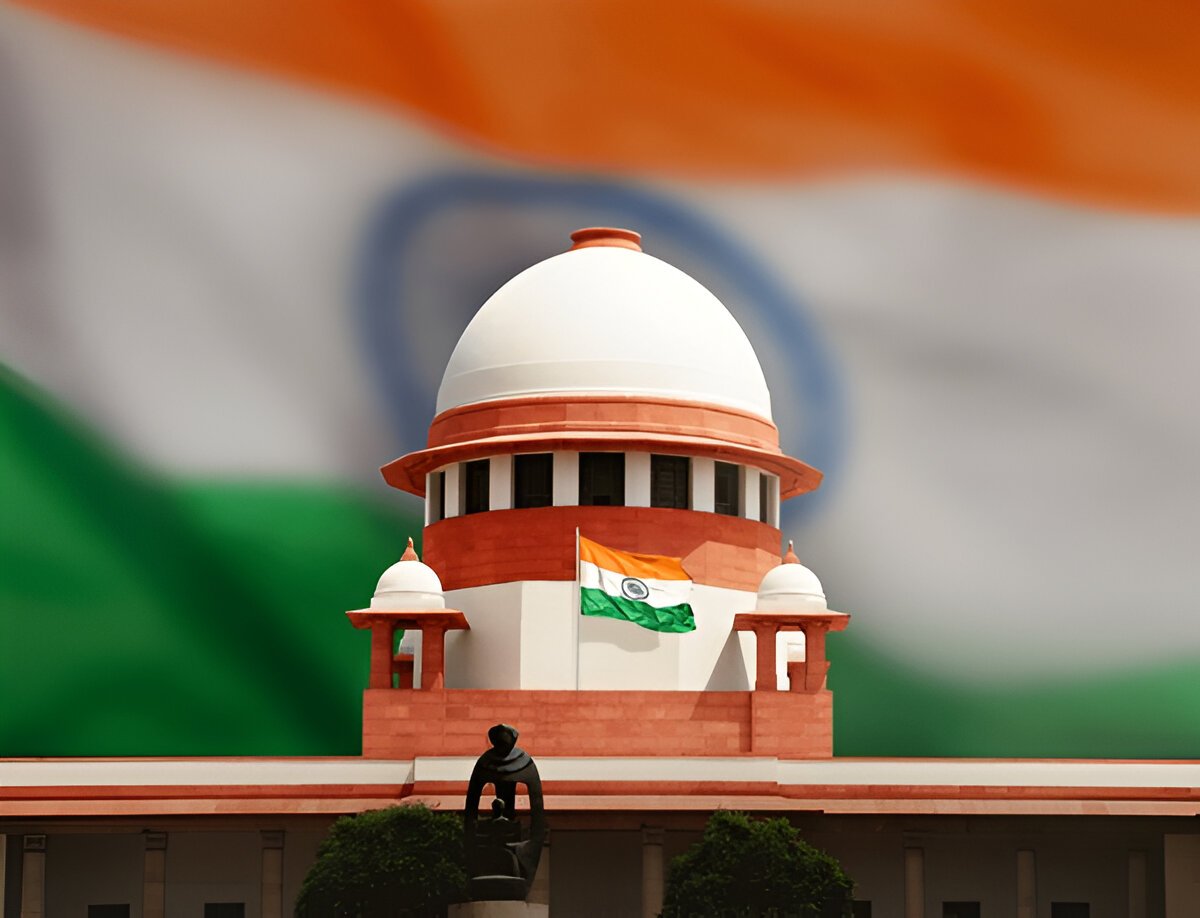Bench: Justice Pankaj Mithal and Justice Prashant Kumar Mishra
Introduction:
The Supreme Court in this case reaffirmed that the principle of res judicata applies to criminal proceedings, especially when findings of fact have been recorded by a criminal court in a prior adjudication on merits. The Court held that re-litigation of the same issue in subsequent criminal proceedings is barred, and continuing such proceedings amounts to abuse of the process of law.
- Section 11, Code of Civil Procedure, 1908 – Res Judicata (applied contextually to criminal law)
- Section 138, Negotiable Instruments Act, 1881 – Dishonour of cheques
- Section 420, Indian Penal Code, 1860 (Now Section 318(4) of BNS,2023) – Cheating and dishonestly inducing delivery of property
- Section 482, Criminal Procedure Code, 1973 (Now Section 528 of BNNS,2023) – Inherent powers of High Court to quash proceedings
Facts of the Case:
The appellant, S.C. Garg, entered into a business transaction with the respondent. The respondent issued 11 cheques, which were dishonoured due to insufficient funds. Garg initiated proceedings under Section 138 of the Negotiable Instruments Act, 1881 (NI Act). During the NI proceedings, the drawer (respondent) argued that he had issued three demand drafts to discharge his liability. However, the NI Court convicted the respondent, observing specifically that the demand drafts were not issued for the cheque-related liability but for other unrelated debts.
After his conviction, the respondent Tyagi lodged an FIR under Section 420 IPC (cheating), alleging that Garg fraudulently re-presented and encashed the cheques despite having received payment through demand drafts, causing double payment.
The High Court refused to quash the FIR, prompting the appellant to approach the Supreme Court.
Issues:
- Whether the principle of res judicata is applicable to criminal proceedings?
- Whether the subsequent FIR under Section 420 IPC is barred in view of the earlier findings of the NI Court?
Contentions of the Petitioner:
The findings of the NI Court, which categorically held that the demand drafts were issued for different liabilities, are binding. The Section 420 IPC FIR is based on the same facts that were already adjudicated during the NI proceedings. The respondent is re-litigating the same issue, which amounts to an abuse of process and is barred by res judicata. The continuation of criminal proceedings is unjustified and liable to be quashed.
Contentions of the Respondent:
The FIR under Section 420 IPC is independent and based on the allegation of cheating, not previously adjudicated. The principle of res judicata is not strictly applicable to criminal proceedings, especially at the stage of investigation. The High Court rightly allowed the FIR to proceed, and the matter should be allowed to reach the trial stage for adjudication.
Court’s Analysis:
The Court referred to earlier decisions like:
- Pritam Singh v. State of Punjab, AIR 1956 SC 415
- Bhagat Ram v. State of Rajasthan
- Tarachand Jain v. State
These cases affirm the applicability of res judicata in criminal trials, especially when there is a prior finding on merits.
It contrasted this with cases like:
- Devendra & Ors. v. State of U.P. & Anr., (2009) 7 SCC 495
- Muskan Enterprises v. State of Punjab, 2024 LiveLaw (SC) 1041
In those cases, res judicata was held inapplicable because the earlier petitions were disposed without merit, such as withdrawal without liberty or preliminary stage under Section 482 CrPC. The Court held that in the present case, the NI Court's judgment was a full-fledged trial resulting in conviction, where the factual issue of demand drafts was thoroughly decided.
Hence, re-agitating the same factual allegation under Section 420 IPC was impermissible. It would result in double jeopardy and misuse of judicial process.
Conclusion:
The Supreme Court allowed the appeal, set aside the High Court's order, and quashed the FIR under Section 420 IPC. The Court held that since the NI Court had conclusively decided the nature of the demand drafts, the same allegation cannot be re-litigated. The principle of res judicata, as laid down in Pritam Singh’s case, applies to criminal trials involving final adjudication.

